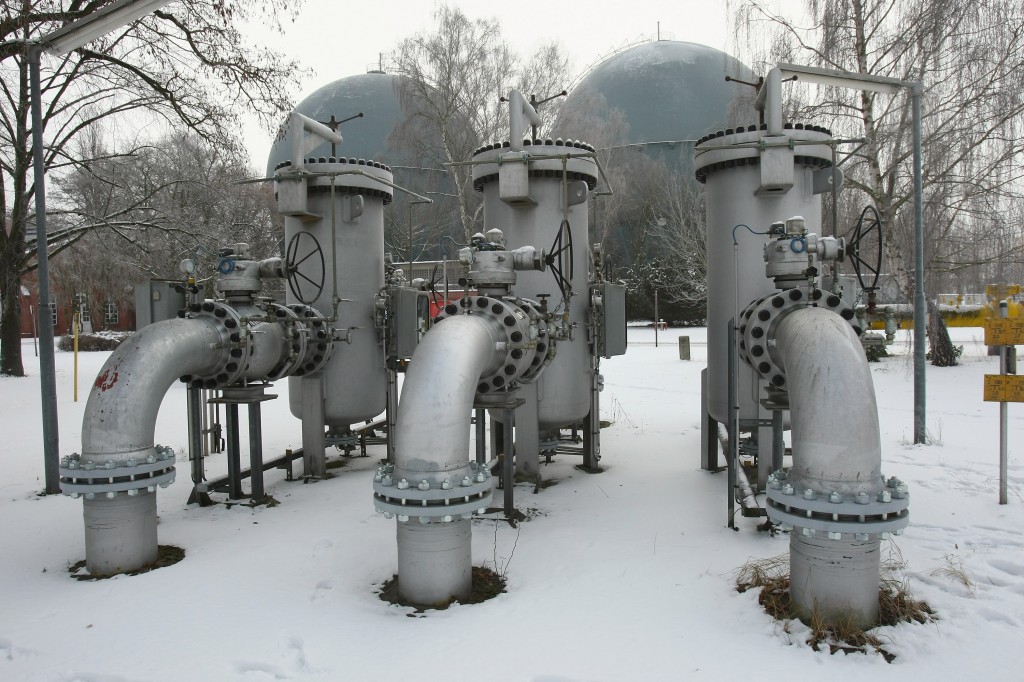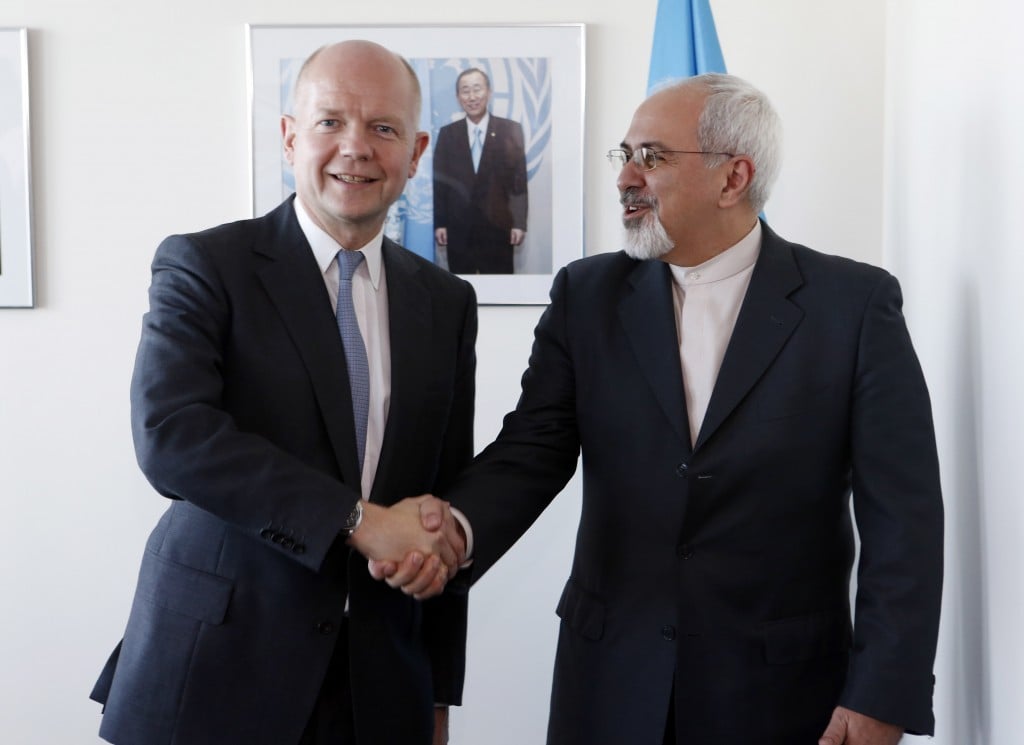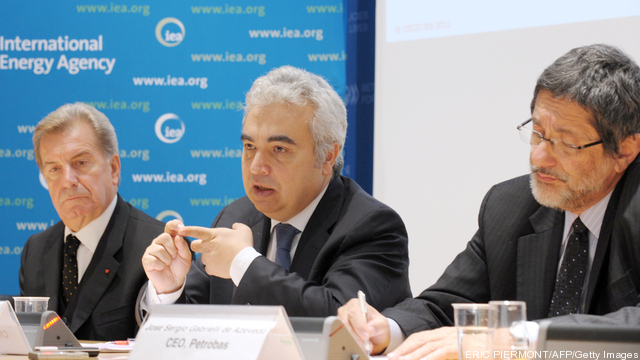In a wide-ranging interview, Maria van der Hoeven, chief executive of the International Energy Agency said US oil production growth – which is heavily leveraged toward light, tight oil – is expected to plateau and decline post 2025. “The light tight oil revolution in the United States is changing the geographical map of oil trade.… Keep reading →
IEA
Sign up and get Breaking Energy news in your inbox.
We will never sell or share your information without your consent. See our privacy policy.In an interview with Oilprice.com, International Energy Agency (IEA) Executive Director Maria van der Hoeven, discussed what the IEA called back in 2011 “a golden age of gas”. This new era was ushered in by the scale of unconventional natural gas resources found in U.S. shale formations accompanied by the absolutely essential advances in technology… Keep reading →
A startup named Aquion recently began commercial-scale production of sodium-ion batteries that solve some lithium-ion toxicity and flammability issues. The company says when scaled up, the batteries could supplant natural gas peaker plants, allowing stored renewable energy to be used during power demand spikes instead of gas. “The batteries could allow the grid to accommodate… Keep reading →
The International Energy Agency’s December Oil Market Report considers the market reaction to last month’s interim agreement signed by Iran and the P5+1 nations. The OECD oil market watchdog says the oil market mostly took the deal in stride and numerous other factors are exerting greater pressure on oil price behavior than the six-month agreement… Keep reading →
The Saudis are pumping oil near 32-year highs – north of 10 million barrels per day – and much short-term non-Opec supply growth is expected from Brazil where technically-challenging, deepwater, subsalt projects could experience delays, investment bank Simmons & Co. said in a recent note analyzing Oct’13 IEA Oil Market Report data. “For the time… Keep reading →
Russia must urgently reform its energy sector if it is to remain a global player in the energy markets, according to experts and business leaders speaking at the St. Petersburg International Economic Forum. “Russia needs to recognise the changing drivers for energy intensive industries and products,” Maria Van der Hoeven, executive director of the… Keep reading →
Energy News Roundup: Fighting Climate Change with Policy- and Market-based Strategies
By Jared AndersonToday the International Energy Agency released a World Energy Outlook special report: Redrawing the Energy-Climate Map, which highlights the need for intensive action before 2020. The analysts suggest 4 policy measures that can limit global temperature increase with no net economic cost. The US carbon market shows signs of life, with carbon credit prices hitting… Keep reading →

It’s a commonly used analogy for the global oil market: Crude oil is fungible and supplies from
producing countries and companies enter a giant pool that is drained by a wide variety of consumers. Analysts, academics and politicians often talk of the global oil trade in this manner, saying that additional supplies of oil – regardless of where they originate – are good for US energy security because increased volumes available on the global market should exert downward price pressure. Well, perhaps unsurprisingly, it’s not that simple.
The situation is clarified in a recent journal article titled “Crude Oil Is Not Fungible, Where It Comes from Does Matter, and Global Markets Are More Fragmented Than Many Think.” The piece, written by Jonathan Chanis, a long-time commodity trader, finance expert and current Columbia University professor, appeared in American Foreign Policy Interests: The Journal of the National Committee on American Foreign Policy. Keep reading →

The world’s most influential oil producer, Saudi Arabia, reduced its oil production towards the end of 2012, causing many to conclude the Kingdom sought to reinforce global oil prices, but the Internal Energy Agency has a different take.
Saudi Arabia had been pumping oil at 30-year highs for most of 2012, but cut back supplies by just below 300,000 barrels per day in December to 9.36 million b/d, the IEA said in its most recent Monthly Oil Market Report. Keep reading →








Water-Energy Nexus Critical to Future Water Policy
By Roman KilisekOn March 22 in Tokyo, UN-Water will release its World Water Development Report in conjunction with its annual World Water Day 2014 celebrations. This annual event is meant to raise awareness for water – indispensable for human life on earth. This year’s theme is “Water & Energy”. Despite its apparent importance, the issue of water rarely… Keep reading →